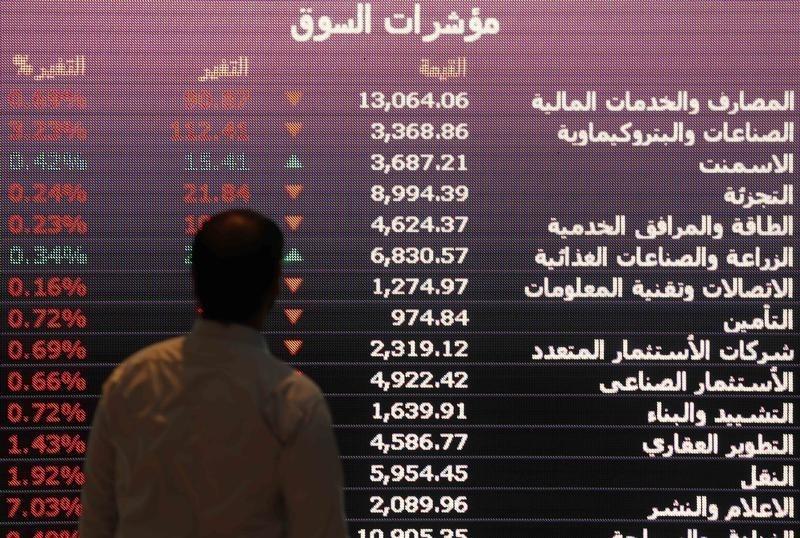Riyadh- Saudi Arabia took further steps on Tuesday to open up its stock market to foreigners in a move that may help it get included in a key index of developing-nation equities.
The Kingdom announced a string of reforms to its stock market that could attract billions of dollars of fresh foreign money and smooth sales of state assets.
The kingdom will cut the amount of assets foreigners must have under management to invest directly in the nation’s stocks to SR3.75 billion ($1 billion) from SR18.75 billion ($5 billion); thus, taking one of the most important decisions that will probably contribute in implementing its “Vision 2030”.
According to this decision, Saudi Arabia has reduced the prices’ assets managed by foreign institutions, which are allowed to buy directly from the local stock exchange market, by 80 percent. Therefore, it is considered a significant and new decision that reflects efforts made by the Capital Market Authority (CMA) and the Saudi Stock Market Exchange’s (Tadawul) efforts to achieve Saudi’s 2030 Vision.
In a common matter, the Chief Executive Officer of Tadawul, Khalid Abdullah Al-Hussan, spoke on stock market reforms telling Asharq Al-Awsat that the opening of the stock market widened the foreign investor base.
He also said that Tadawul seeks to boost the role of the Capital Market in the Kingdom’s economic development through adopting new measures.
“SMEs will be a subsidiary market for Tadawul. Saudi Arabia is working to finalize the rules for a new stock market dedicated to small and medium-sized businesses that it expects to launch early in 2017,” he added.
Small-cap firms are among the most heavily traded on the Saudi exchange as they are targeted by retail investors aiming to make a quick profit.
Al-Hussan said he hoped the bourse’s listing would herald a new era of transparency and encourage other businesses in the kingdom to offer their shares to the public.
“Preaching to others what you practice is the best way to lead by example,” he said. “We want to go through this experience and we want it to be a transparent experience.”
Regarding Aramco IPO, he described it as a historic, being a positive sign for investors with the percentage remaining a matter of government policy.
On the other hand, the CMA issued a statement on Tuesday saying, “When Riyadh opened its bourse to direct foreign investment last June, and it took a cautious approach, imposing tight ownership limits and minimum qualifications for overseas institutions to reduce the risk of them destabilizing the market.”
“To qualify as a foreign institutional investor in Saudi Arabia, each asset manager will only need to have a minimum of $1bn of assets under management globally, instead of $5bn. We will accept investments by new types of foreign institution including sovereign wealth funds and university endowments,” the statement added.
Each foreign institutional investor will be allowed to own directly a stake of just fewer than 10% of a single listed company, up from a previous ceiling of 5%, the (CMA) announced.
Other restrictions were scrapped, including a ceiling of 10% on combined ownership by foreign institutions of the market’s entire capitalization. All foreign investors combined will still be limited to owning 49% of any single firm.
Meanwhile, the Saudi Stock Exchange will introduce during the first half of 2017 the settlement of trades within two working days of execution, the bourse said.
